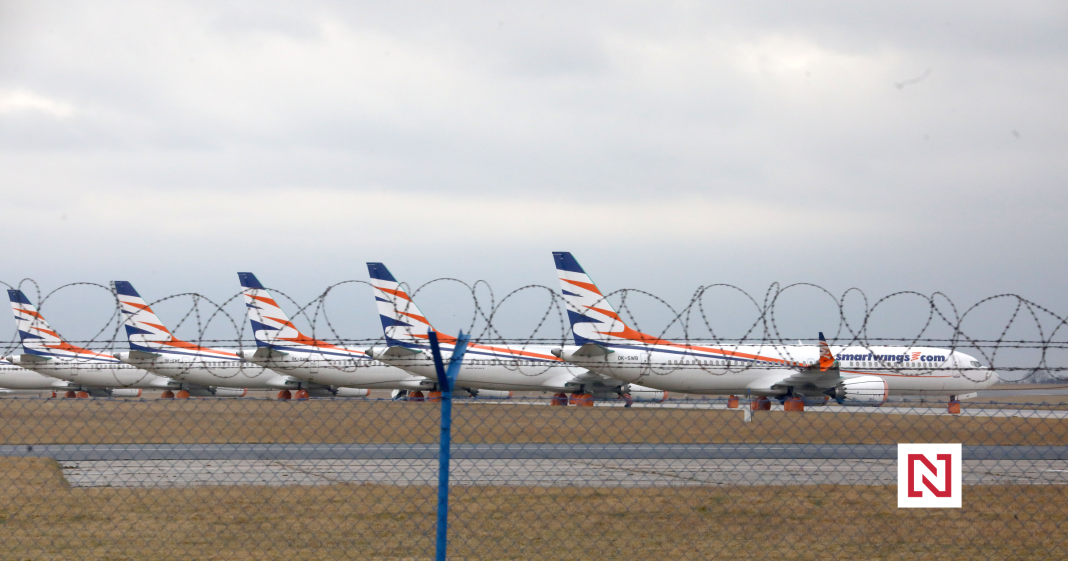Flight delays can be an infuriating experience for travelers, especially when airlines refuse compensation. Understanding your rights and knowing how to claim them is crucial. This article provides insights into what you can do if you find yourself in such a predicament.
Understanding Your Passenger Rights

Airlines are often obligated to compensate passengers for delays under various international regulations. The European Union’s Regulation EC 261/2004, for instance, compels airlines to provide compensation for flight delays exceeding three hours unless extraordinary circumstances apply. This regulation covers flights within the EU, flights departing from an EU country, or flights arriving in the EU on an EU-based airline.
It’s essential to determine whether your situation qualifies under these legal frameworks. Always keep documentation handy, including tickets, emails, and any communication from the airline, as these will be necessary in proving your claim.
Steps to Claim Compensation

If you believe you’re eligible for compensation, the first step is to contact the airline directly. Submit a formal complaint through their customer service channels, providing all relevant details of your flight and delay. Most airlines have online forms on their websites to facilitate this process.
Should the airline deny your initial request, don’t be discouraged. Passengers have the right to escalate the matter, either through aviation regulatory bodies or using alternative dispute resolution schemes. Consider seeking assistance from organizations like the European Consumer Centre if you’re experiencing difficulties.
Exceptional Circumstances

Airlines are not obligated to compensate for delays caused by extraordinary circumstances such as severe weather, political unrest, or air traffic control strikes. However, the definition of “extraordinary circumstances” can sometimes be disputed. If an airline cites this reason for refusing compensation, it may be worth investigating further to see if the situation truly fits these criteria.
Consulting with legal experts or airline passenger rights groups can provide clarity on whether the airline’s refusal is justified or if you should pursue your claim further.
Legal Support and Resources

If all else fails, legal action might be a viable option. Numerous law firms specialize in passenger rights and can offer the necessary expertise to help secure compensation. Additionally, several platforms operate on a no-win, no-fee basis, meaning they only charge if your claim is successful.
Joining forums or online communities can also be beneficial, as sharing experiences with others can provide moral support and practical advice. Networking this way can sometimes lead to collective action, giving your claim more weight.
In conclusion, while obtaining compensation for delayed flights can be challenging, knowing your rights and the correct steps to take increases the likelihood of a positive outcome. Keep informed, stay persistent, and don’t hesitate to use available resources to assert your rights.





